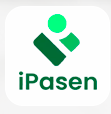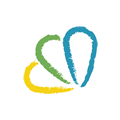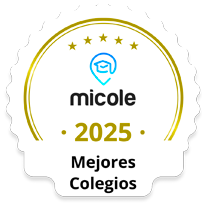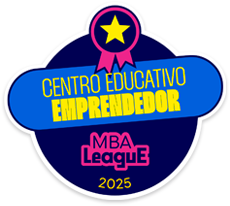Compulsory Secondary Education
Welcome to Compulsory Secondary Education at Platero Green School. The information is structured as follows:
Methodology
Compulsory Secondary Education methodology is structured in different flaps. Click on the one you want to read and it will be unfolded and click again to close it.
The main features of this cycle are:
From 12 until 16 years old.
Teachers decide the placement and disposal of desks and chairs according to the task which will be carried out in class. As a general rule the following disposal is used:
- Individually.
- In pairs.
- Small groups.
- And big group.
The students will change places from time to time, so that all of the students can interact and know each other through the stage.
In this stage class time is structured as follows:
- Going into school and say hello.
- Have their things ready to start working.
- Teacher’s explanation about what is going to be carried out during the lesson.
- Activities checking.
- Explanation.
- Questions.
We also focus on a number of routines which we consider a necessary for a successful development of the teaching - learning process.
- Clean and tidy classroom.
- To hang up schoolbags.
- To respect speaking times.
- Etc.
The classrooms have got the following audiovisual devices which are used as another resource to teach the contents of the school subjects:
- Projector.
- Computer.
- Interactive Whiteboard.
- Speakers.
- Internet access.
In addition, the school has got ICT-Rooms where students can work online contents in pairs.
We start from the idea that academic performance is not only built in the classroom, but also outside it, in daily life and through the different tasks and reommended homework. However, we are clear about it is necessary that such a proposal develop fundamentally competencies, that is, to put the knowledge in action and to be useful for life and not only for school. In this way, as in all the educational activity, a close collaboration and proximity between teachers, students and family is indispensable.
Responding to our reflection on the tasks and homework, as well as the opinion of the entire educational community that helps us to grow through their contributions, the proposal for this school year will include the following characteristics:
TASKS
- We will build on meaningful experiences, research and experiments.
- Multidisciplinary tasks will be carried out, as far as possible..
- Students will be given an explanatory card for guidance.
HOMEWORK
- Will be exclusively in the areas of Language, Mathematics and Foreign Languages.
- The students will be asked for the equivalent of a weekly file with the main content treated, so that it serves as a review for students and follow-up for families.
Finally, we will take into account the importance of the following aspects:
- Personal study: The students will receive advice to schedule the time needed for the study.
- It is essential to leave enough time for the practice of creative writing and ludic reading. Language teachers will provide strategies for their development.
Always, above all, the specific treatment of each student comes first, to attend to their personal needs in a professional manner.
Each unit taught in each Secundary Education subject will be evaluated with a numerical mark (0-10) taking into account:
- Knowledge: it evaluates the achievement level of skills in each subject.
- Work: it evaluates daily work and the students’ effort in class as well as at home.
- Attitude: it evaluates the degree of interest, the achievement of values and the student’s autonomy.
All our students are periodically evaluated of those contents that they have been working. These contents are usually connected to one or two units of their text books. Before this assessment some lessons are used to revise class work.
Exam dates are distributed so that the different subjects are not evaluated on the same day.
In order to focus on the students themselves, determining what they know (know-what), what they can do with what they know (know-how) and their attitude towards what they know (know to be), our assessment spins around the application contexts, which are the activities, tasks, projects ... where students demonstrate the mastery of the learning that they are acquiring, thus developing abilities and competential skills.
Each subject is assessed with a numerical score (0-10) based on the valuations extracted from the different application contexts through of scoring rubrics.
The educational community knows, through the Annual Center Plan and the WEB, the different contexts that are contemplated in the final assessment of each subject.
In our timetable there is one tutoring session and class meeting once a week. Business of the day is suggested and we develop the items to deal with where we solve questions, conflicts, etc., (thirty minutes). Worksheets included in a workbook made by teachers who belong to the School Values Project are also used.
Class meetings are lessons in which the student is the main character where we deal with very different topics like:
- Creating and revising the school rules.
- Weekly planning.
- Conflict management and resolution.
- Suggestions.
- Voting for proposals
- Congratulations.
- Etc.
Teacher will only participate in the class meetings, if necessary. Students will organize the different responsibilities in the class meeting and will carry it out. Apart from these resources which are working during the week, we deal with any problems daily by means of the tutor if necessary.
At the beginning of the school year one or two students are chosen to care for cleanness and tidiness of the class, as well as the plants which have been assigned. Each term new members are chosen in the class meeting so that all of the students can participate of these responsibilities. Cleanness and tidiness habits are worked and once a week each student will clean his or her desk and school material.
In each classroom as well as in the playground there are recycling bins. From the first day the students are aware of the need to classify the rubbish into the three bins (yellow, green and blue).
In order to keep a clean environment and a healthy atmosphere in the classroom a properly organization of the different spaces will take a great importance. All students know where the different school materials are.
During the break time it is the teachers of this stage those who watch out the different areas. A Sporty Break Program has been organized to allow the students enjoy each day from a different game or sport.
The school trips are sequenced according to the projects which are carried out in class. Each trip is connected to topics that are taught through the different units. In full day trips students must bring their own breakfast as a general rule. Those students who have signed up the school lunch will have it at lunchtime.
Before each trip a circular letter is sent so that families can authorise their children and can write any useful comments. The trip cost will appear on this letter and will be collected by each tutor during the school timetable. It is really important for a good organization that both payment and delivery periods are respected.
The last trip is the school camp / study school trip and there is a previous meeting where all the information is explained and we can answer any questions about it.
At the beginning of the school year during the class meeting the following school representatives are chosen in a democratic way by means of votes.
- Student representative.
- The school representative substitute.
These representatives are chosen each term. Therefore the voting process will be repeated at the beginning of each term. We also have parents’ representatives that are chosen at the beginning of the year and they help with the communication task, activities planning and proposals by all of the other families.
Teachers of this Cycle
Introduction
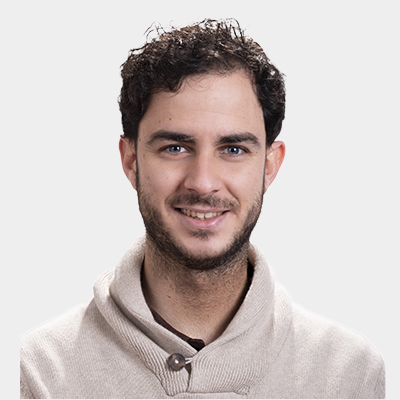
Miguel Ángel Andrés Reyes(Coordinator)
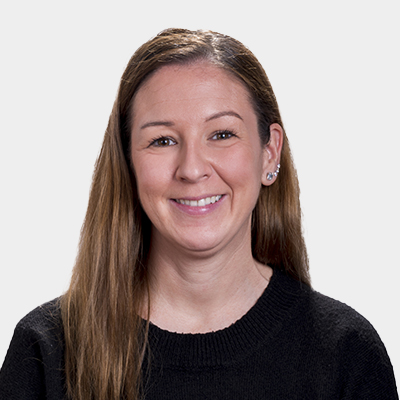
María Gómez Hernández (Coordinator)
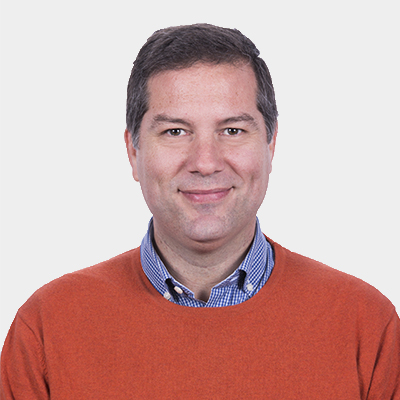
Javier Cascales Vega
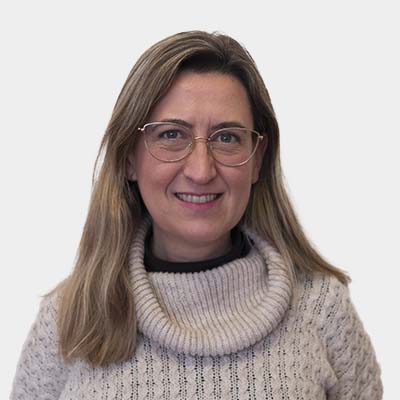
Begoña Gil de los Ríos
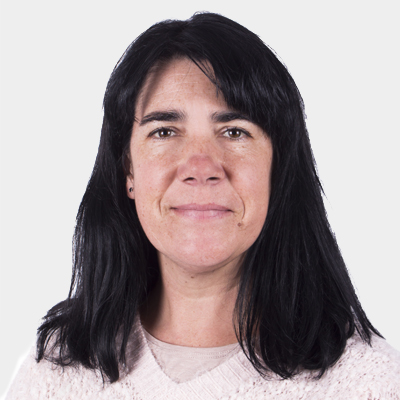
Elena Fernández Sánchez
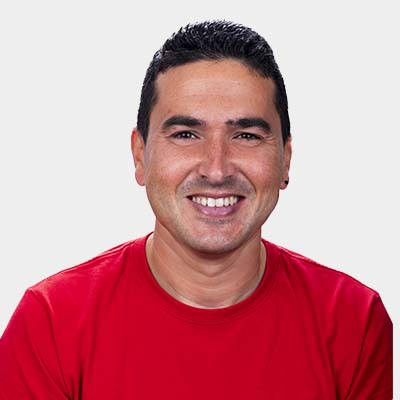
Miguel Ángel Hinojosa Granados
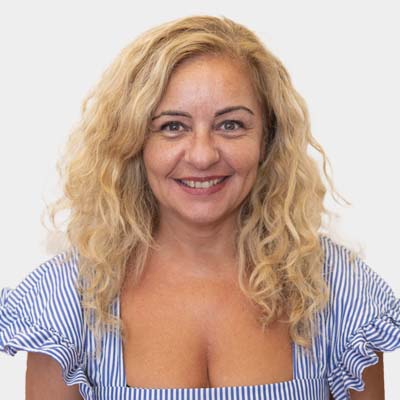
Salud Morilla Lepe
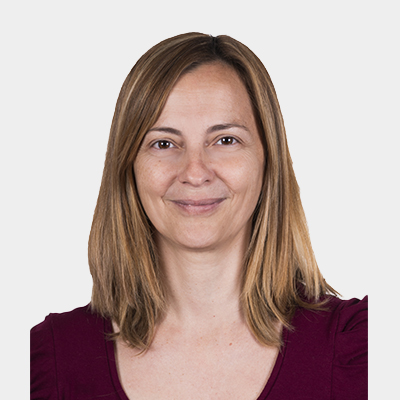
Belén Navarro González
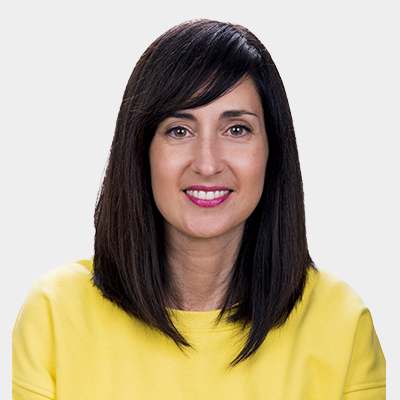
Anabel Rengel López
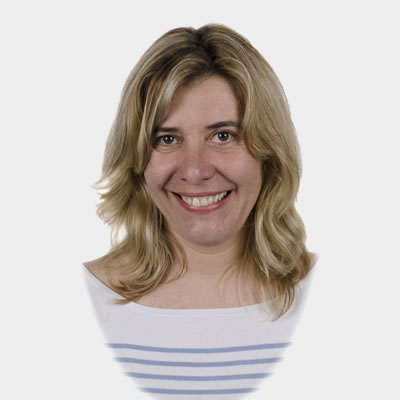
Inmaculada Rodríguez Almansa
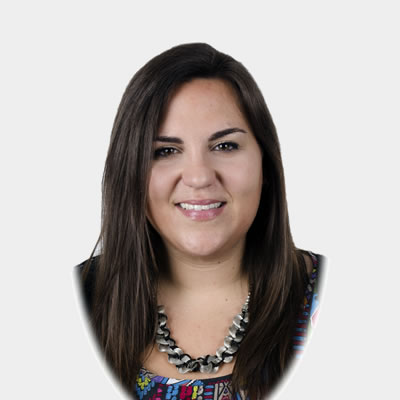
Irene Vera Trujillo
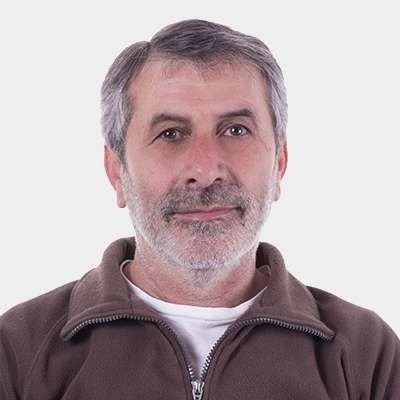
Francisco Alcántara Montiel
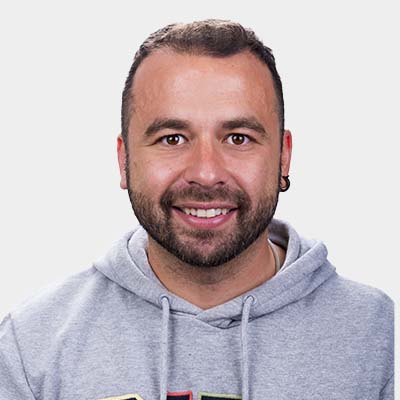
José Luis Pérez Zambrana
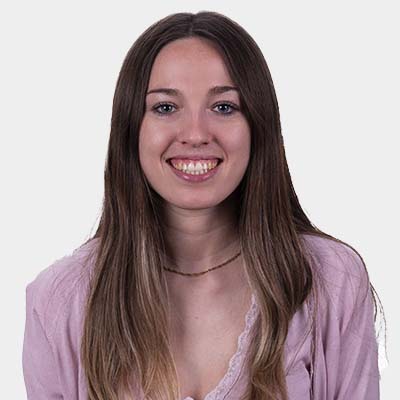
Cristina Arevalo Alameda
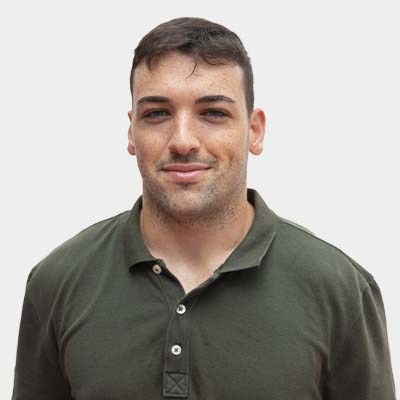
Antonio García Solera
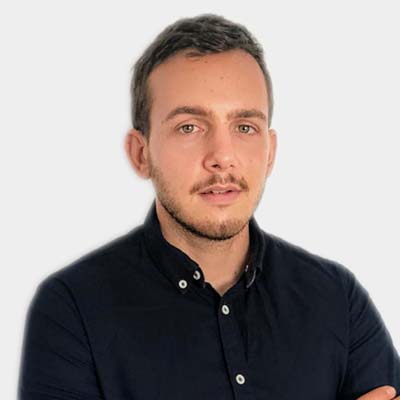
Alfonso de los Reyes Méndez
School Trips
| Course | Date | Activity |
|---|---|---|
| ESO | Septiembre | Playa |
| 1º ESO | Octubre | Torcal |
| 2º ESO | Oct.-Nov. | Cementerio Inglés |
| 3º ESO | Octubre | Festival de Cine Francés |
| 4º ESO | Noviembre | Mates en la calle |
| 4º ESO | Diciembre | Leadingirls (Palacio de Congresos) |
| 1º y 2º ESO | Diciembre | Visita Residencias |
| 3º y 4º ESO | Diciembre | Salida al centro de Málaga |
| 1º ESO | Marzo | Historia y Arqueología experimental |
| 2º ESO | Marzo | Caminito del Rey |
| 3º ESO | Marzo | Visita a cultivos ecológicos y parque eólico |
| 4º ESO | Febrero | Día de Andalucía |
| 4º ESO | Marzo | Olimpiadas El Palo |
| 4º ESO | Marzo | Jornadas orientación El Palo |
| 4º ESO | Marzo | Visita al Campus de Teatinos |
| 1º ESO | Mayo | Botánico y Presa El Limonero |
| 2º y 3º ESO | Abril | Alhambra |
| 3º ESO | Mayo | Geometría en la calle |
| 4º ESO | Mayo | Paseo literario |
| 4º ESO | Mayo | Salida FyQ UMA |
| 4º ESO | Mayo | Visita a CIFAL UNITAR |
| 1º, 2º y 3º ESO | Junio | Acampada |
| 4º ESO | Junio | VFC |
Textbooks Course 2025/2026
1st Compulsory Secundary Education
| Subjects | Books Title | Publishing House |
|---|---|---|
| Educación Física | Educación Física Andalucía. | Anaya |
| Lengua | Lengua y Literatura 1 (Operación Mundo). | Anaya |
| Música | Música 1. | Anaya |
| Inglés | Synchronize for Andalusia 2. | Oxford |
| Plástica | Educación plástica, visual y audiovisual. Revuela. | S.M. |
| Francés | En situation. Édition Andalousie 1. | Santillana F. |
| Biología y Geología | Biología y Geología. Construyendo mundos. | Santillana G. |
| Geografía e Historia | Geografía e Historia. Construyendo mundos. | Santillana G. |
| Matemáticas | Matemáticas. Construyendo mundos. | Santillana G. |
2nd Compulsory Secundary Education
| Subjects | Books Title | Publishing House |
|---|---|---|
| Educación Física | Educació Física Andalucía. | Anaya |
| Física y Química | Física y Química. Operación mundo. | Anaya |
| Lengua | Lengua y Literatura 2 (Operación mundo). | Anaya |
| Música | Música 2. | Anaya |
| Inglés | Synchronize for Andalusia 3. | Oxford |
| Francés | En situation. Édition Andalousie 2. | Santillana F. |
| Geografía e Historia | Geografía e Historia. Construyendo mundos. | Santillana G. |
| Matemáticas | Matemáticas. Construyendo mundos. | Santillana G. |
| Valores Éticos | Educación en valores cívicos y éticos. | Santillana G. |
3rd Compulsory Secundary Education
| Subjects | Books Title | Publishing House |
|---|---|---|
| Educación Física | Educación Física 3 | Anaya |
| Física y Química | Física y Química. Operación mundo. | Anaya |
| Lengua | Lengua y Literatura 3 (Operación mundo). | Anaya |
| Inglés | Synchronize for Andalusia 4. | Oxford |
| Francés | En situation. Édition Andalousie 3. | Santillana F. |
| Biología y Geología | Biología y Geología. Construyendo mundos. | Santillana G. |
| Geografía e Historia | Geografía e Historia. Construyendo mundos. | Santillana G. |
| Matemáticas Aplicadas | Matemáticas. Construyendo mundos. | Santillana G. |
4th Compulsory Secundary Education: A Section
| Subjects | Books Title | Publishing House |
|---|---|---|
| Física y Química | Física y Química. Operación mundo. | Anaya |
| Lengua | Lengua y Literatura 4. Operación mundo. | Anaya |
| Inglés | Inglés. Synchronize for Andalusia 5. | Oxford |
| Biología y Geología | Biología y Geología. Construyendo mundos. | Santillana |
| Matemáticas | Matemáticas B. Construyendo mundos. | Santillana |
| Francés | En situation Édition Andalousie 4. | Santillana F. |
| Geografía e Historia | Geografía e Historia. Construyendo mundos. | Santillana G. |
4th Compulsory Secundary Education: B Section (Sciences)
| Subjects | Books Title | Publishing House |
|---|---|---|
| Lengua | Lengua y literatura 4. Operación mundo. | Anaya |
| Inglés | Inglés. Synchronize for Andalusia 5. | Oxford |
| Biología y Geología | Biología y Geología. Construyendo mundos. | Santillana |
| Matemáticas | Matemáticas B. Construyendo mundos. | Santillana |
| Francés | En situation Édition Andalousie 4. | Santillana F. |
| Economía | Economía y emprendimiento. Construyendo mundos. | Santillana G. |
| Geografía e Historia | Geografía e Historia. Construyendo mundos. | Santillana G. |

